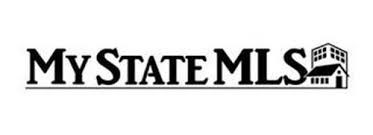Before purchasing your first home, you’ll want to focus on the three most important steps of the home buying process. After stabilizing your credit, determining what you can afford, and researching all costs, you’ll be ready to get into the more exciting aspects of choosing your first home.
Stabilize Your Credit
Your credit score is going to either negatively or positively influence which houses you are able to buy. Let’s hope it’s the former. Get your credit report as soon as possible and start making changes to improve it. In order to make the most of your credit score, avoid moving your money around in drastic ways for a few months before you plan on applying. Don’t apply for new credit cards. Don’t take out new loans. Don’t give your brother $200,000. Banks are hoping to see consistency. This clues them in that you are reliable and a satisfactory candidate for a mortgage. Providing them a complete trail of where your money has been for the recent past can only help your credibility as a mortgage applicant.
Determine Your Budget
In all likeliness, a home will be the biggest purchase you ever make. Many people get in trouble when they try to buy too much house when they cannot afford it. It can leave you with less money for other financial goals you may have such as buying a new car or paying for college. Avoid this by maximizing your monthly mortgage payment at 28% of your monthly income. For example, if you are making $1,000 per month, you should only be spending $280 per month on your mortgage. Staying within this budget will free up your leftover income for things like paying other bills, taking vacations, and buying new cars.
Be Aware of Sleeper Costs
Naturally, the most important number to pay attention to is your monthly mortgage payment. However, you also shouldn’t minimize the importance of extraneous costs such as taxes, maintenance, and repairs. Paying little Joey to mow your lawn over the summer might be something you didn’t think about when you talked to your mortgage broker. You’ll likely also have to replace a door, roof, backyard shed, etc. Taxes can be another doozy. They can go up without any explanation, and you are obliged to pay. Avoid potentially losing your home by paying close attention to possible repairs, and budgeting for the unexpected.






